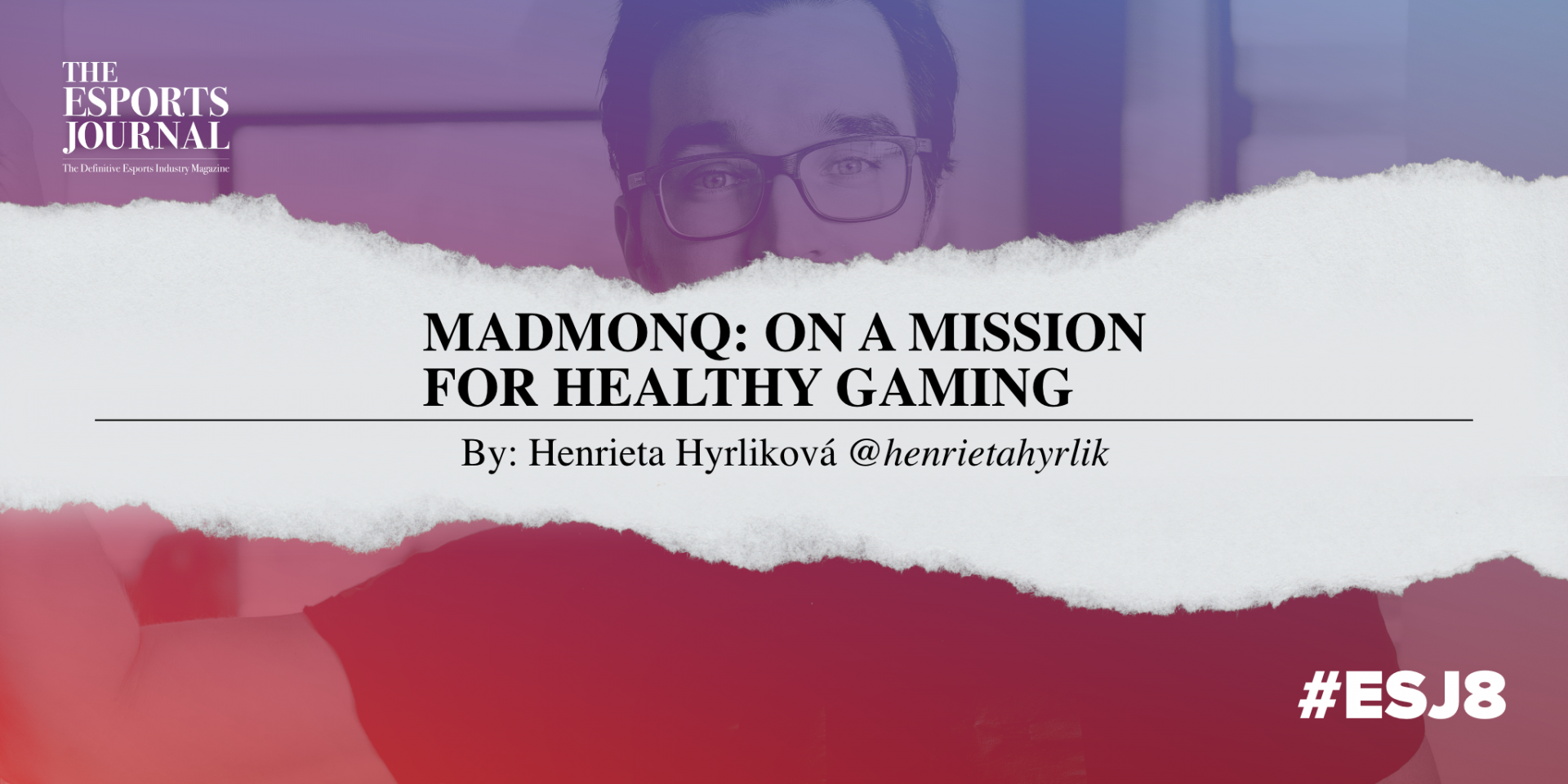
RELATED: Making esports data beautiful — GRID
The lifestyle of a typical gamer usually isn’t great. Or, at the very least, gaming itself can lead to unhealthy habits; the activity calls for it. Sitting behind a computer for long hours can punish crucial areas of one’s anatomy, and consuming processed, sugary food and drink which are popular among gamers can punish one’s entire body.
It was only June last year that League of Legends icon Jian ‘Uzi’ Zi-Hao retired, arguably in the prime of his career, due to chronic hand and shoulder injuries. He was also diagnosed with Type 2 diabetes. All of his conditions were linked to his lifestyle.
Moreover, prescription drugs are too readily available to those without a diagnosis, which has led to an unhealthy amount of prescription-drug abuse. In gaming and esports, health is perhaps not prioritised as it should be.
Selling health to gamers
The situation needs to change. Not only is it the right thing to do; it’s also a way to destigmatise the industry and make it more sustainable.
“Health is difficult to sell to gamers if you try to do so in a conventional way,” said Michal Noga, Founder and CEO of MADMONQ, a health and performance company that helps gamers ‘level up’ by giving them access to resources and supplements. Noga and MADMONQ want to take the lead in spreading awareness on the importance of a healthy lifestyle in gaming. “We want to make sure all gamers care about their health as much as they care about their hardware.”
But how to tackle such a task? It’s a complex issue at which many countries’ education systems have been failing tremendously. Noga suggests starting with recognising the need for discussion: “The first step is acknowledging that health is not the sexiest topic within gaming, but it’s a necessary one.”
Instead of acting like a parent and lecturing what’s right and wrong, the Czech company is convinced the best way of communicating with gamers is through inspiration. “We connect ourselves with like-minded influencers that help us share the message in a way that will resonate with gamers,” Noga said.
“Streamers with big communities have enormous influence over their viewers,” he added. “If education on this topic is done in an entertaining way, it can become a trend, but someone needs to be the catalyst.” Simply put, someone needs to make health cool.
As an example, Noga described how the company distributed its first merchandise line among its ambassadors. “We put our merchandise into wooden boxes that were nailed together, and sent them to the nearest gyms. To open the box, streamers had to solve a puzzle that would navigate them to the gym, where they needed to perform a set of exercises specifically targeting the areas that are negatively affected by sitting a lot.”
MADMONQ ignited discussion on Twitch. On one side, streamers complained that they had to travel to pick up the package. On the other side was a community that wanted to see the streamer go to the gym to see what was inside the box.
[primis_video widget=”5183″]
RELATED: MADMONQ secures BLAST Premier partnership
On another occasion, the company made a bizarre suggestion to a streamer that ultimately changed his life. “He was unmotivated because he was balding, and he was too self-aware of how he was looking,” Noga said. “We told him: ‘You have to embrace your baldness’ and invited him to our office to have his head shaved on livestream.”
[maxbutton id=”14″ ]
To read the rest of this piece, go to Edition 8 of The Esports Journal, page 32
Supported by MADMONQ
